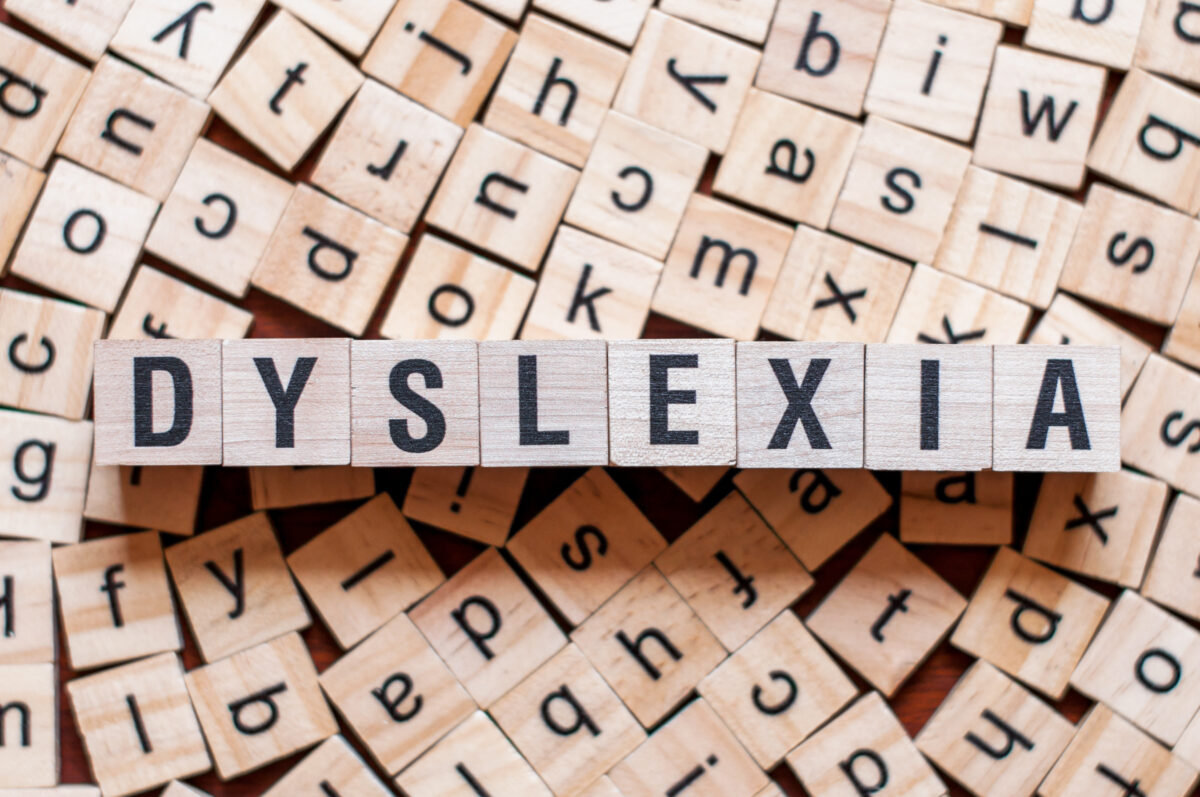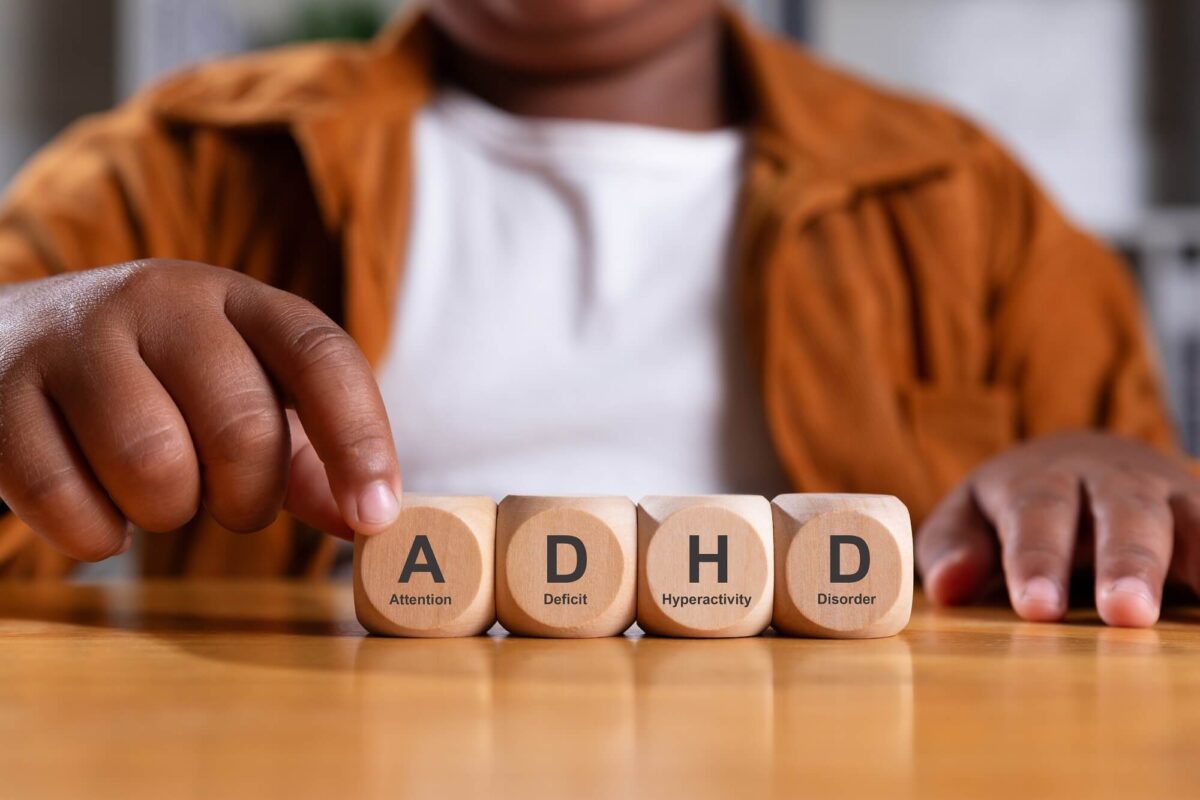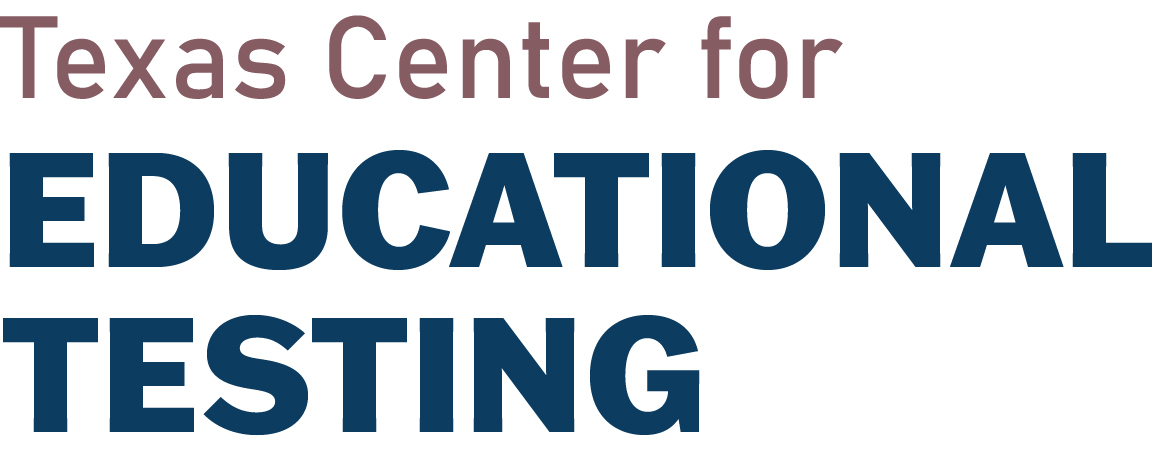
Are you or your child having trouble with reading, writing, or math, even after getting enough help? If these challenges seem out of place, given other skills, this could indicate a learning disability. This means a person might have average to high intelligence but still struggle in certain school subjects.
Do you or your child have issues with paying attention, planning, staying organized, starting tasks, or following instructions? This might be Attention Deficit Hyperactivity Disorder (ADHD). ADHD is a common mental health condition that includes problems with focus, excessive movement, and acting without thinking. It can affect many areas of life, including school, work, relationships, self-esteem, and daily activities.
Around 5 to 15% of school-age children experience learning disabilities or attentional issues, with dyslexia being the most common, making up about 80% of learning disabilities.
How can we help?
We identify learning disabilities and ADHD so that students may receive individualized instruction plans and suitable accommodations in the classroom and testing situations.
Determining What the Client Needs: The diagnostician focuses on the main concerns to create a specific testing plan for each student. This involves gathering personal and educational history through questionnaires, interviews, work samples, previous evaluation data, screeners, and surveys.
We can typically schedule the testing within a few weeks. All forms are conveniently completed online, making them quick and hassle-free.
Testing: A state-certified educational diagnostician skilled in recognizing learning disabilities and ADHD administers tests to identify the student’s strengths and weaknesses in cognitive, academic, language, and executive function skills.
Solutions: Within two weeks of testing, a detailed report is provided. This report explains how the individual learns and processes information, suggests teaching strategies, recommends classroom and testing accommodations, shares diagnostic impressions, and offers resources for success.
Types of Assessments

NeuroEducational Evaluation
For identification of all types of learning disabilities — dyslexia, dysgraphia, dyscalculia and ADHD
- Cognitive Processing Skills
(how one processes and learns) - Academic skills – based on referral concerns
(Additionally, if ADHD concerns are present)
- Executive function skills
Behavioral, emotional, and cognitive regulation - Diagnostic Interview
- Rating Scales
- Psychological Consultation/Report Review (Endorsement of DSM Coding)
$1,350 ($150 Deposit to schedule)

ADHD Evaluation
- Cognitive Processing Skills
(how one processes and learns)
- Executive function skills
Behavioral, emotional, and cognitive regulation - Diagnostic Interview
- Rating Scales
- Psychological Consultation/Report Review (Endorsement of DSM Coding)
$850 ($150 Deposit to schedule)
Testing usually takes between 2 to 4 hours, depending on the evaluation type, the client’s age, and their pace. The evaluator will use iPads for most of the testing, which is interactive. You will receive the report via email within two weeks.
Colleges and universities offer support services for students with learning disabilities and ADHD. Our evaluations provide the necessary documentation for accommodations. Testing should be current, meaning conducted within the last 3 to 5 years. Students should check with their schools for specific guidelines regarding accommodations.
The report we provide meets the requirements of IDEA and Section 504 for eligibility. It also fulfills the needs of public schools, private schools, and universities. Additionally, it aligns with the requirements for accommodations on standardized tests like the SAT, ACT, GRE, MCAT, TSI, and various professional certification exams.
Public schools must consider evaluations that parents obtain, and this is not optional; it is required. If a parent pays for an independent educational evaluation (IEE), the school must take the results into account when making decisions about the child’s right to a free, appropriate public education.
Skills Tested
Cognitive processing skills enable us to perceive, reason, remember, and learn. Major areas of cognition include:
- Verbal Comprehension
- Visual-Spatial Reasoning
- Fluid Reasoning
- Processing Speed
- Working Memory
- Auditory Processing
- Quantitative Reasoning
- Long-Term Memory
Academic skills assessed
(based on referral concerns):
- Basic Reading skills
- Reading Fluency
- Decoding
- Reading Comprehension
- Phonological Processing
- Orthographic Processing
- Math Calculation
- Math Problem-Solving
- Math Fluency
- Written Expression
- Spelling
- Oral Expression
- Listening Comprehension
- Graphomotor Skills
Regarding Insurance Coverage
Insurance companies often do not view learning disability evaluations as necessary medical expenses because they think of them as educational issues. While we do not handle insurance claims, some clients have successfully used their HSA or Flex spending accounts to get reimbursed.
